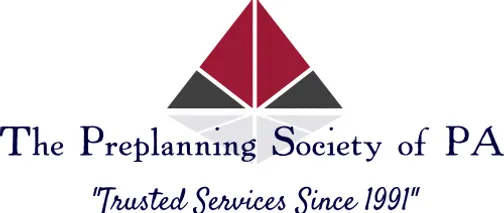The Basics Of Retirement Planning
When planning your retirement, it is important to remember that money, more than any other factor, will dictate most of your retirement decisions. Your level of financial preparedness for your retirement years will determine when you retire, what type of lifestyle you and your family will enjoy during retirement, and what might be left as a legacy to your heirs.
Loss Of A Key Employee
Business owners accept without question the wisdom of insuring the firm against the loss of its property values. We take care to insure the physical assets against fire, tornados and other disasters. Yet, protection from the loss a key executive may be far more important.
Implementing A Cafeteria Plan
Internal Revenue Code 125 allows an employer to implement an employee benefit plan which allows employees to select the benefit programs they prefer.
Understanding The Mortgage Underwriting Process
Whether you're looking for a first mortgage on a new home or a refinance on an existing loan, the interest rate you are offered will be based on the same factors; your income compared to your mortgage payment, the value of your property compared to the liabilities placed on it, and your credit report. The “Processing” of your loan is the preparation of all relative documents to verify, prove and package all information pertinent to these factors.
A Living Will
You may recall that during the final weeks of his life, former President Richard Nixon refused "heroic measures" and received only palliative (comfort-easing) care at his home. Similarly, former First Lady Jacqueline Kennedy Onassis refused life-prolonging medical intervention before her death from non-Hodgkins lymphoma. Former President Nixon and Mrs. Onassis both retained control over their final medical care through use of a living will and a health care power of attorney.
Choosing A Business Continuation Plan
The death of a major shareholder in a closely-held corporation can seriously interrupt continuity and profitability of the business. Surviving shareholders must struggle with how to continue the company as a profitable business with the loss of a key player. Heirs must concern themselves with how to replace the income that the shareholder had earned and how to extract their inherited portion of the company value.
What Is The Coverdell Education Savings Account (ESA)
One of new products that came out of the Budget Reconciliation Act of 1996 is the Coverdell ESA. The Coverdell ESA offers the potential for tax-free growth when you use the account to fund a child's qualified higher education expenses.
Selling Your Home
Once you have decided to try to sell your home, the next big decision you will face is whether you want to sell it yourself of go through a real estate broker. The broker usually charges 5% to 7% of the selling price for her services. However, realtors know the local market, can help you determine a reasonable selling price, and save you a lot of the hassle involved if you sell it yourself.

